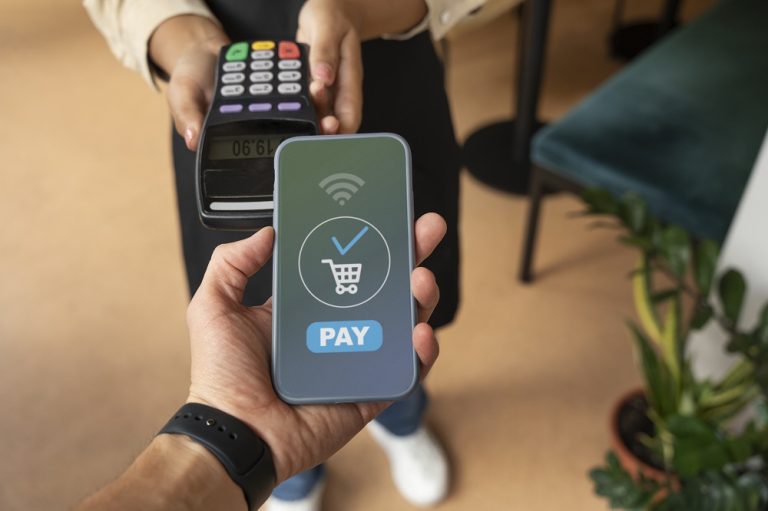Today’s economy is digitally connected, so tech companies expand rapidly–they ship products to markets far away and acquire users worldwide. But there is one piece of infrastructure that is overlooked during such expansions: payment systems.
While product innovation and marketing win most of the attention, seamless, scalable, and secure payment processing quietly plays a fundamental role in global success. Nonetheless, if ignored, it can disrupt customer experiences, impact international growth opportunities, and eat into profits in the end.
Why Payment Systems Matter More Than You Think
For any tech business, be it SaaS, e-commerce, or digital platforms, getting paid is the engine of sustainability. But as companies move beyond their local markets, payment solutions must do more than simply process credit cards. They need to be able to adjust to international payment processing requirements, such as:
- Regional payment preferences(e.g., SEPA in Europe, Interac in Canada, UPI in India)
- Currency conversion and multi-currency support
- Local regulations and tax compliance
- Fraud risks in unfamiliar territories
A payment platform that does not handle these complexities well makes it hard for users, lowers conversion rates, and raises operational costs. That’s why companies with an eye on the future put smarter, more integrated payment solutions into place right from the start.
Payments as a Growth Lever, Not Just a Back-End Tool
Think of payments strategically, and they can become a catalyst for international expansion. Here’s how:
- Faster Market Entry
When you offer locally familiar payment options, you will face fewer barriers to entering new markets. Customers are more likely to convert if they find the same payment pages for their local bank and in a familiar currency. And a robust payment partner will take care of this tricky internationalization for you without requiring more than one system to be set up.
- Better Customer Experience
In global markets, the user feedback (also see below) is that payment trust and convenience are of paramount importance. One-click checkouts, recurring billing, or region-specific wallets can greatly reduce drop-off right in the sales funnel.
- Real-Time Fraud Management
Going global introduces enterprises to new fraud patterns. And while a modern payment processor uses the combined might of machine learning and global fraud databases to snare such underhanded behavior, it’s also prepared for global threats in real time before impact on your bottom line.
- Scalable Infrastructure
You don’t want to rebuild your payment stack every time you step into a new country. Developer-friendly APIs, multi-market functionality, and scalable solutions like these keep your business growing without debt or friction.
What to Look for in a Global-Ready Payment Partner
To support growing international payment processing, your payment solutions should cover the following areas:
- Multi-currency support with auto-conversion
- Localized payment options (cards, wallets, bank transfers, etc.)
- Built-in fraud and chargeback protection
- Subscription and recurring billing tools
- Customizable checkout experiences
- Compliance support for international tax and privacy laws
Most importantly, your provider should grow with you, whether you’re a start-up entering your second market or a mature SaaS platform spreading over five continents.
Final Thoughts
Global expansion is no longer merely a target for tech companies has become the norm. The rate and consistency of such expansion depend heavily on systems that consumers typically do not see. Payment systems are one of them.
By opting for a payment platform internationally tailored for scale, businesses can not only open up fresh sources of cash but also offer a top-class experience to users around the globe.






